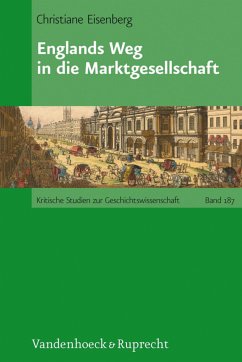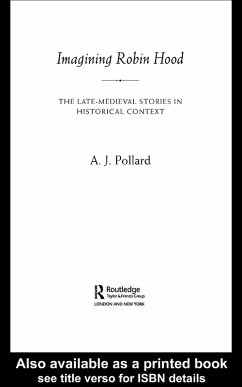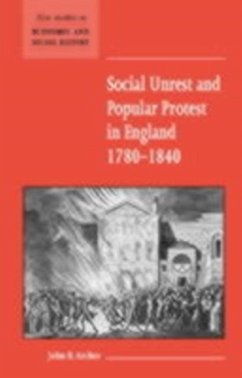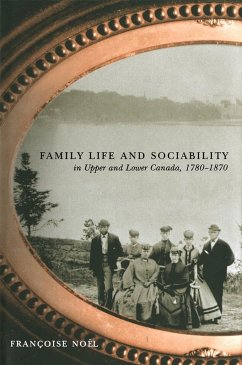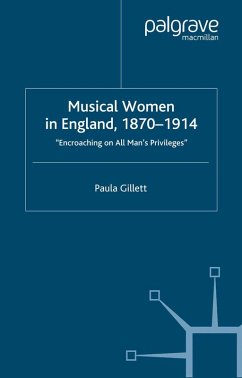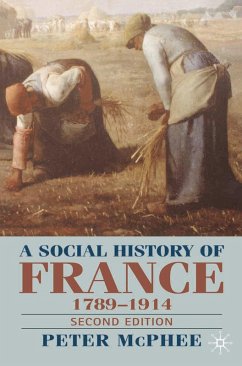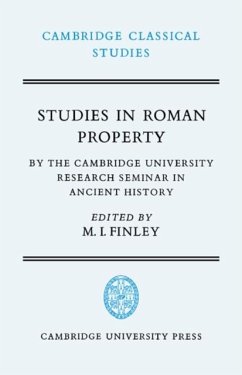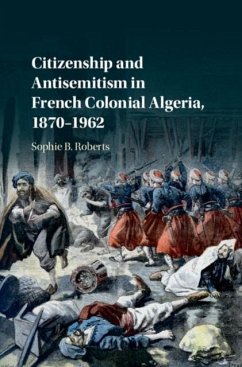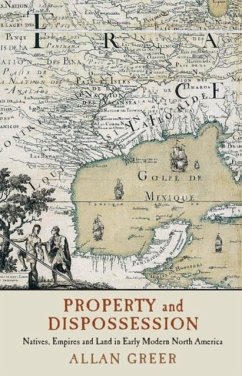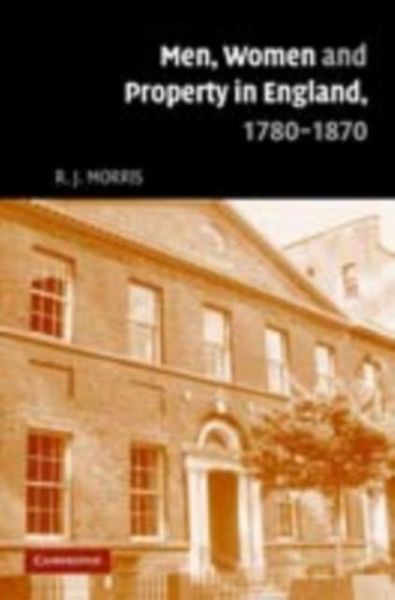
Men, Women and Property in England, 1780-1870 (eBook, PDF)
A Social and Economic History of Family Strategies amongst the Leeds Middle Class
Versandkostenfrei!
Sofort per Download lieferbar
41,95 €
inkl. MwSt.
Weitere Ausgaben:

PAYBACK Punkte
21 °P sammeln!
This is an innovative study of middle-class behaviour and property relations in English towns in Georgian and Victorian Britain. Through the lens of wills, family papers, property deeds, account books and letters, the author offers a reading of the ways in which middle-class families survived and surmounted the economic difficulties of early industrial society. He argues that these were essentially 'networked' families created and affirmed by a 'gift' network of material goods, finance, services and support, with property very much at the centre of middle-class survival strategies. His approac...
This is an innovative study of middle-class behaviour and property relations in English towns in Georgian and Victorian Britain. Through the lens of wills, family papers, property deeds, account books and letters, the author offers a reading of the ways in which middle-class families survived and surmounted the economic difficulties of early industrial society. He argues that these were essentially 'networked' families created and affirmed by a 'gift' network of material goods, finance, services and support, with property very much at the centre of middle-class survival strategies. His approach combines microhistorical studies of individual families with a broader analysis of the national and even international networks within which these families operated. The result is a significant contribution to the history, and to debates about the place of structural and cultural analysis in historical understanding.
Dieser Download kann aus rechtlichen Gründen nur mit Rechnungsadresse in A, B, BG, CY, CZ, D, DK, EW, E, FIN, F, GR, HR, H, IRL, I, LT, L, LR, M, NL, PL, P, R, S, SLO, SK ausgeliefert werden.




